|
|
|
|
In many African countries it’s common for dam levels to be monitored and the information to be shared, particularly during the dry seasons or if there’s a drought. But, warns Mike Muller, the danger is that news that dams have filled up can breed complacency, setting the scene for inaction and profligate use of water resources. In many countries across the world water crises have occurred because societies haven’t taken action until it’s
too late. South Africa is a case in point.
Phones have become the new fetish. We check them when we wake up. We constantly keep an eye on them while at work – often while beavering away on our computers – and a phone screen is often the last thing we look at before we go to sleep. Does this have an impact on the effectiveness of our brains, and if so, how? Daniel B. le Roux reviewed the research that’s been done to establish what’s been found. The answer is: it’s complicated, and
there’s still lots of uncertainty about the long-term effects of digital device use on our cognitive functions.
Subscribe to our WhatsApp bulletin here.
|
Nontobeko Mtshali
Education Editor
|

|
|
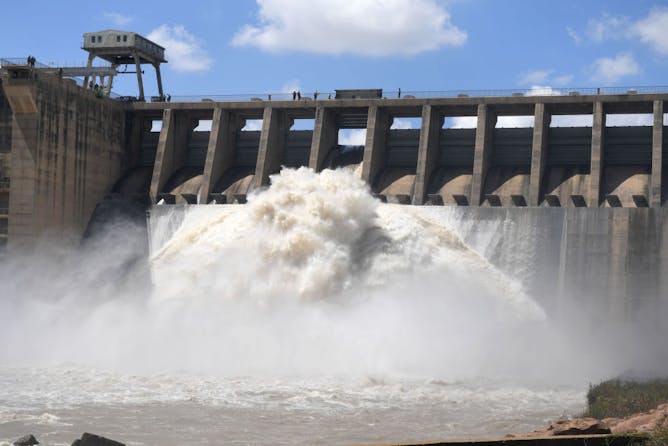
Water flows from the Vaal Dam after several sluice gates were opened in February 2021. Heavy rains in the Gauteng province resulted in a spike in dam levels.
Deaan Vivier/ via GettyImages
Mike Muller, University of the Witwatersrand
Gauteng citizens need to know the uncomfortable truth: for the next six years, their water supplies will increasingly have to be restricted.
|

Media multitasking: constantly juggling media and non-media activities, often using multiple digital devices.
GettyImages
Daniel B. le Roux, Stellenbosch University
Analysis of 46 studies indicates that there's still a lot of uncertainty about the long-term impacts of digital device use on cognition.
|
Business + Economy
|
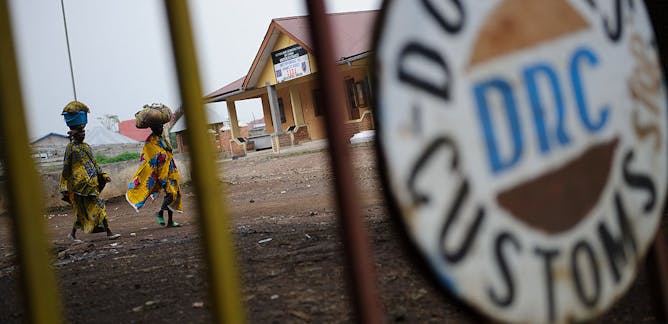
Kristof Titeca, University of Antwerp
Within already economically perilous border areas, informal cross border trade is even more vulnerable during a pandemic.
| |

Rehana Cassim, University of South Africa
The state capture inquiry shows that South Africa's parliament needs to urgently end the uncertainty about whether or not shadow directors are governed by the Companies Act.
|
|
|
From our international editions
|
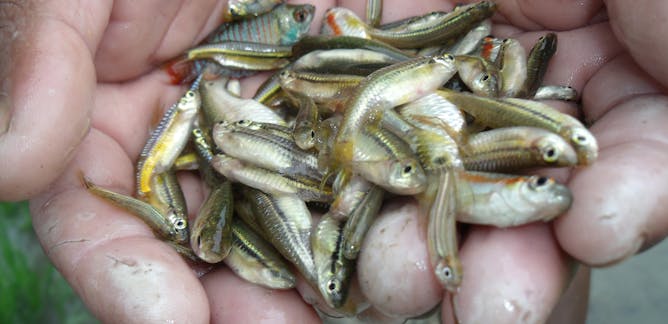
Ben Belton, Michigan State University
Shakuntala Haraksingh Thilsted, a native of Trinidad and Tobago, is the winner of the 2021 World Food Prize for her work identifying small fish as valuable nutrition sources for developing countries.
| |
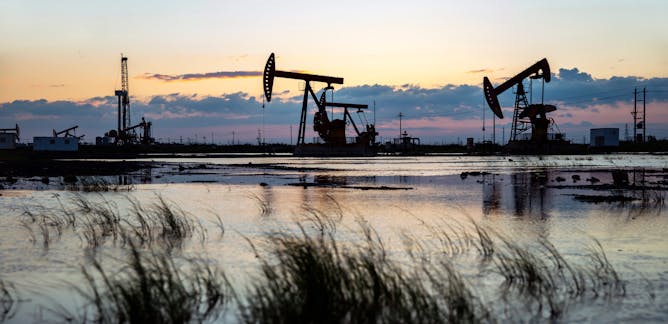
Volker Roeben, University of Dundee
The seismic changes to energy supply and demand during the pandemic could be just the beginning.
|
|
|
En Français
|

Thierry Vircoulon, Université de Paris
La découverte d’importants gisements gaziers en 2013 a plongé le Mozambique dans la malédiction des ressources naturelles et exacerbé les frustrations, donnant lieu à une insurrection islamiste.
| |
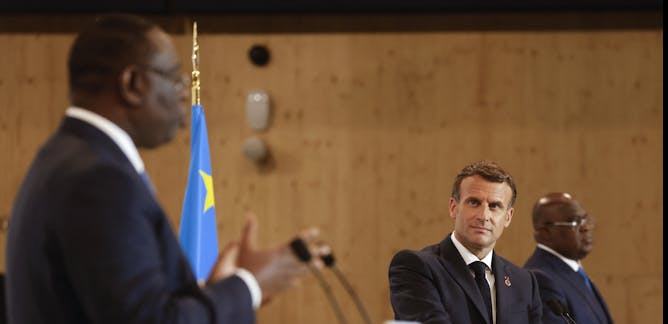
Florian Léon, AUF (Agence Universitaire de la Francophonie)
Le communiqué final du sommet sur le financement des économies africaines traduit une prise de conscience des obstacles aux financements des entreprises dans les pays en développement.
|
|
|
En español
|
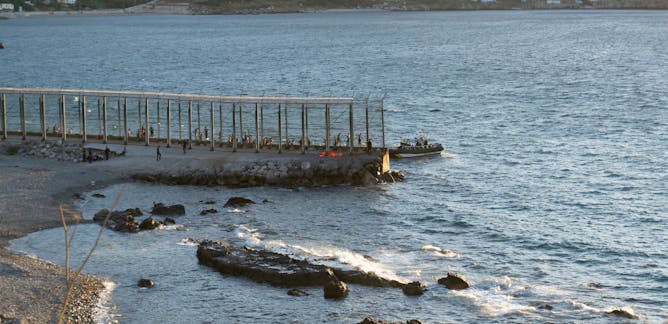
María López Belloso, Universidad de Deusto; David Fernandez-Rojo, Universidad de Deusto
En vez de priorizar una política integral y solidaria respecto a la migración, la UE prefiere seguir confiando las fronteras exteriores a países como Marruecos, dispuestos a provocar una crisis humanitaria y migratoria para satisfacer sus intereses políticos.
| |
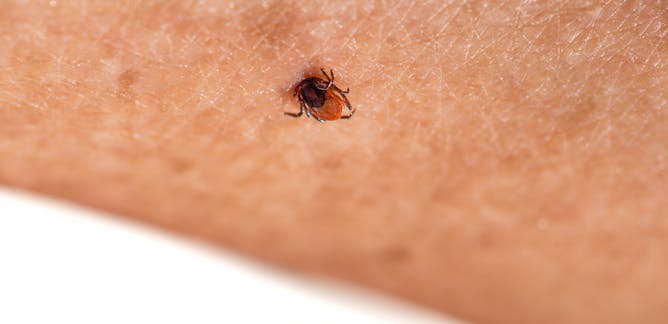
Miguel Ángel Jiménez Clavero, Instituto Nacional de Investigación y Tecnología Agraria y Alimentaria (INIA)
Una conversación por redes sociales permitió al autor encontrar de forma retrospectiva el primer caso de este virus emergente en España.
|
|
|
| |
Featured events
|
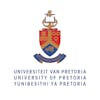
|
Zoom, online, Zoom, online, Gauteng, Zoom, online, South Africa — University of Pretoria
|

|
Virtual/Online, Hatfield, Gauteng, 0083, South Africa — University of Pretoria
|

|
Lynwood Road, Hatfield, Pretoria, Gauteng, 0002, South Africa — University of Pretoria
|

|
Robert Sobukwe Road, University of the Western Cape, Bellville, Cape Town, Western Cape, 7535, South Africa — University of the Western Cape
|
|
|
|
| |
| |
| |
Would you like to republish any of these articles?
|
|
It’s free to republish, here are the guidelines.
Contact us on africa-republish@theconversation.com in case you need assistance.
|
| |
| |
| |
| |
|
|
|
|
|
|
|